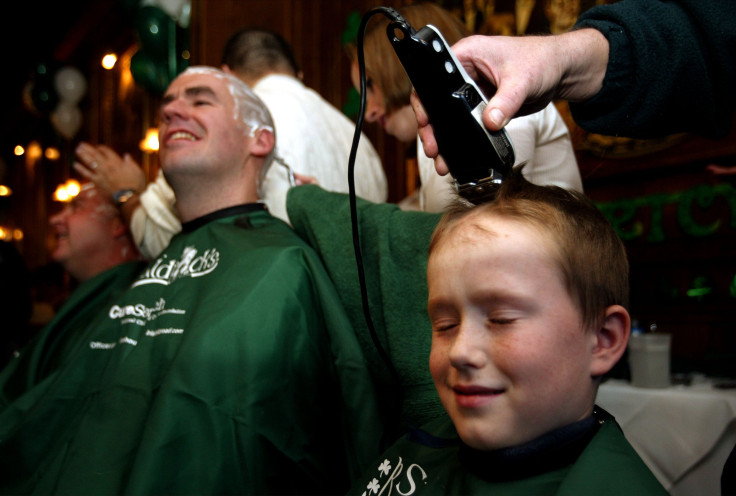Can Woman Who Shaved Boy’s Head For Touching Daughter Face Criminal Charges?

The recent case of a woman who allegedly shaved the head of a 9-year old boy for touching his daughter inappropriately, has admitted to the accusations and reportedly regrets her decision, reports said. She is now likely to face charges of assault on a minor, police in St. Louis said.
The 34-year-old woman was outraged after her daughter — who had gone to spend a night with the boy's sister — told her mother that she was touched inappropriately by the boy, police said.
Investigators said the boy had gone into the room where the two girls were and pulled the neighbor girl's hair. When she was trying to sit up straight, the boy happened to accidentally hit her in the chest, reports said.
Read: Watch How 12-Year-Old Girl Is Brutally Beaten By School Bully
“The day the 9-year-old boy went to the neighbor’s house looking for his sister and the mother of the young girl who was upset with the young boy pulled him into the apartment, shaved his head,” Lt. Dave Wilson said. She also wrote "pervert" on his forehead. Police said the case was unlike any other they had come across.
"She just distinctively went into beast mode, you know? She should have got the other kids’ parents involved," Kmov.com quoted a neighbor, Bill Constantin, as saying.
"Gosh, I can't believe that she would do that that is just terrible," said Marilyn Clark, another resident.
While there is genuine horror at the woman’s actions, there also needs to be a focus on how this kind of punishment can scar children -- perhaps for the rest of their lives. Several research studies have suggested that inflicting physical punishment on children is harmful as it increases the risk for mental health problems for the victims. The studies say that this form of punishment can make a child more aggressive in the later stages of life.
According to “Review of research on the effects of corporal punishment: working paper,” 2014, there is abundant evidence that corporal punishment is associated with increased aggression in children. There have been large-scale studies that found links between the kids’ exposure to physical forms of punishment and their aggressive behavior. One of them included a study involving more than 1,000 mothers in the U.S. who were interviewed and observed their kids while they were one, three and four years old. The mothers found that the children who experienced corporal punishment at the tender age of one were having both “internalizing” and “externalizing” behavior problems when they were three and four-years-old.
Read: Corporal Punishment In Homes And Schools Banned in Zimbabwe
Children are protected by child abuse laws that label any form of punishment causing bodily injury as "criminal."
According to a 2013 report by Child Welfare Information Gateway, physical abuse is “nonaccidental physical injury (ranging from minor bruises to severe fractures or death) as a result of punching, beating, kicking, biting, shaking, throwing, stabbing, choking, hitting (with a hand, stick, strap, or other object), burning, or otherwise harming a child, that is inflicted by a parent, caregiver, or other person who has responsibility for the child.” Such behaviour is considered to be abusive, regardless of whether the caregiver’s intention was to hurt the child or not. On the other hand, if a physical discipline such as spanking or paddling does not result in any bodily injury, it will not be considered an abuse.
A Harris poll in 2013 found, 81 percent of Americans say parents spanking their children is sometimes appropriate but two-thirds said they had spanked their children and a third said they had not, NBC News reported. Bans against corporal punishment of children have been proposed in individual states in the U.S. Although, there is a marginal difference between corporal punishment and physical abuse, the general agreement in all the states is that it is acceptable for a parent or legal guardian to "open-hand slap or spank their own child."
The American Correctional Association’s standards for juvenile detention facilities "call for written policy, procedure, and practice [that] protect juveniles from personal abuse, corporal punishment, personal injury, disease, property damage, and harassment." It states: "In situations where physical force or disciplinary detention is required, only the least drastic means necessary to secure order or control should be used," according to endcorporalpunishment.org website.
© Copyright IBTimes 2024. All rights reserved.












